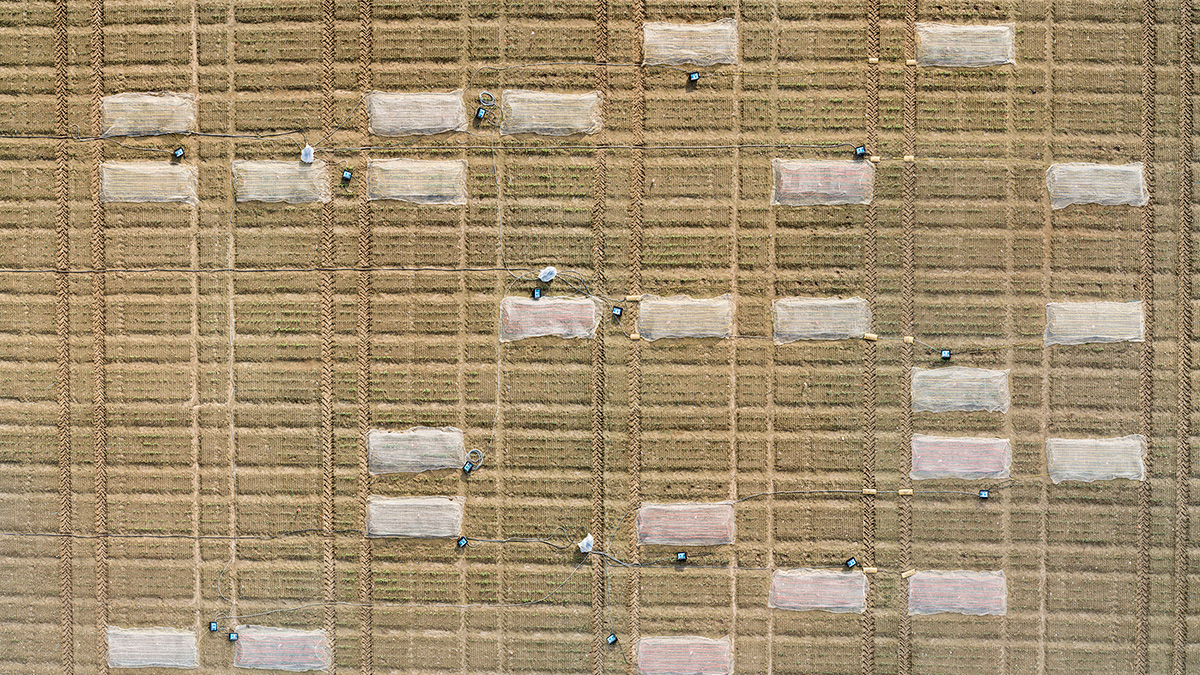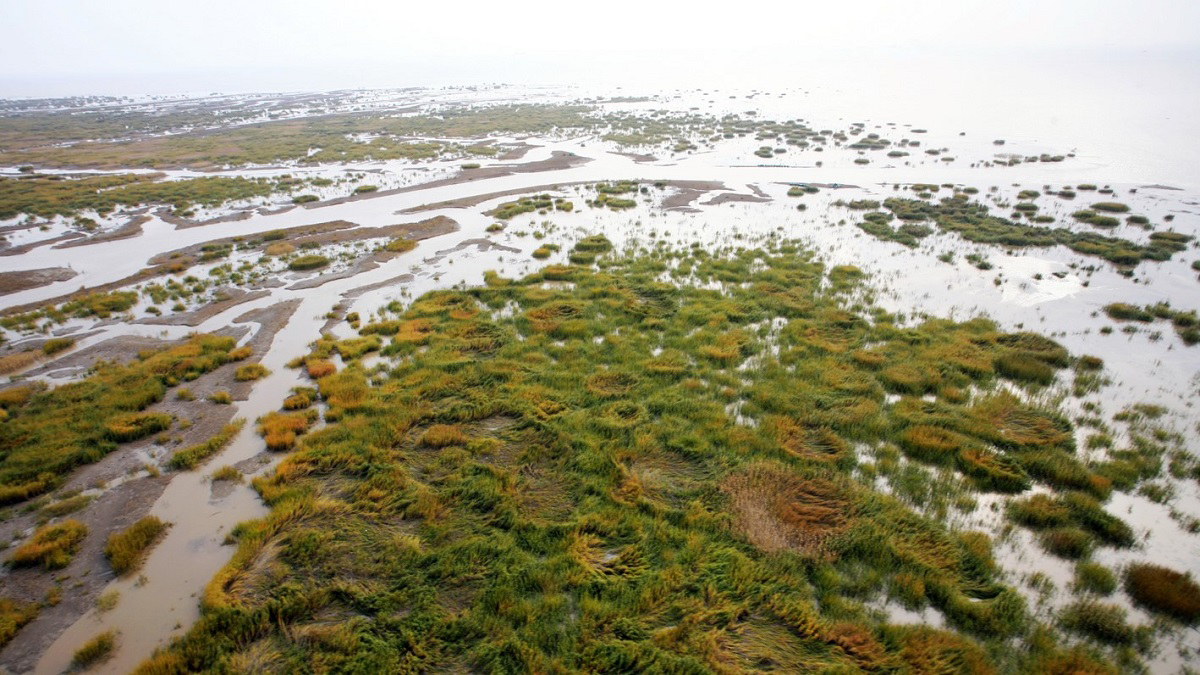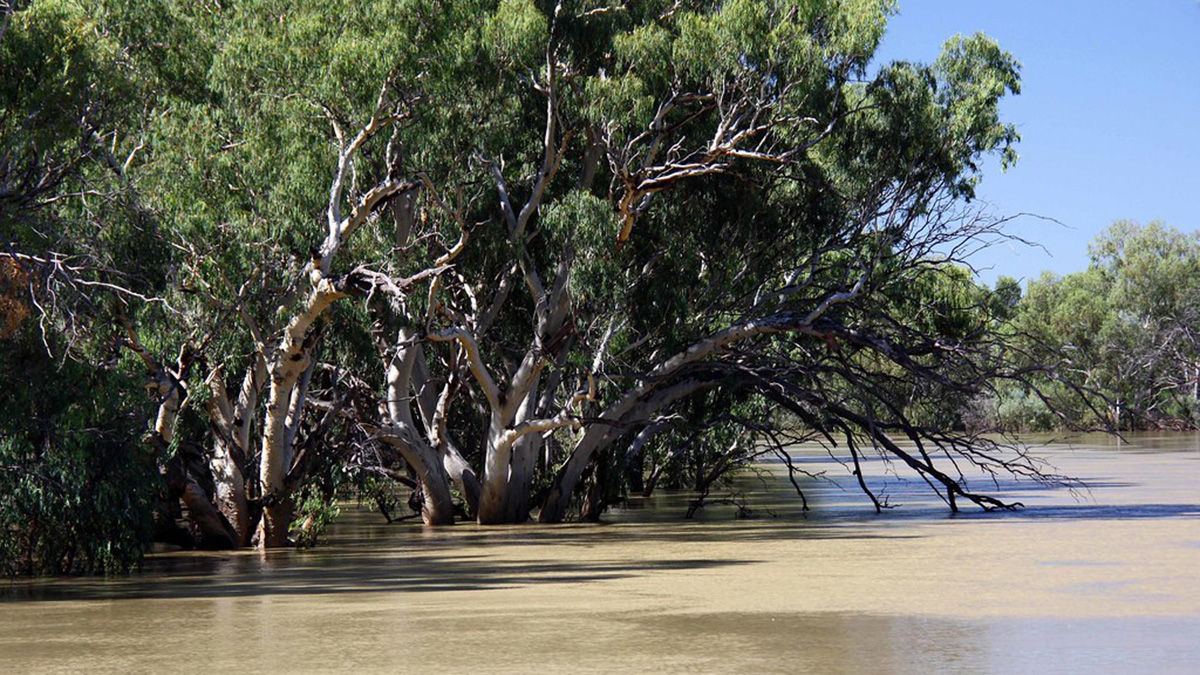An isolated polar bear population in southeastern Greenland survives in fjords, despite spotty sea ice. But this pocket of bears is not a sign of how the species could be saved.
ecology
Warmer Winters Keep Crops Sleepy into Spring, Hurting Yield
Annual crops go dormant during winter. Frosty temperatures cue them to wake up—but the warmer winters brought on by climate change scramble the cold signal, hurting yield.
Rain Makes Skulls Bigger—in Mice
New research shows how regional weather, shaped by towering mountain ranges, might influence the size and shape of local rodents.
Plant-Nibbling Insects May Make It Cloudier and Cooler
Insects that eat plant leaves could change the local atmosphere, but current climate models do not account for this impact.
Emil Cherrington: Bringing Satellite Data Down to Earth
Showing how eyes in the sky can help people on the ground.
Understanding the Importance of Salt Marshes
Hydrological processes affect plant ecology and the biogeochemical exchange between salt marshes and the sea.
After a Hurricane, Coastal Systems Draw a Line in the Sand
A new study finds nature can’t have it both ways: On the basis of thousands of case studies from dozens of hurricanes, there’s always a trade-off between resistance and resilience.
Just 15.5% of Global Coastline Remains Intact
Combining data from land and sea helps ecologists measure human impact.
Identifying the World’s Most At-Risk River Basins
Major river basins around the world, including the Amazon, may be hot spots for ecological shifts as the planet warms.
NEON Lights a Path for Sustained Ecological Observations
Resources and data offered by the National Ecological Observatory Network are supporting researchers investigating critical ecosystem changes across the country.










